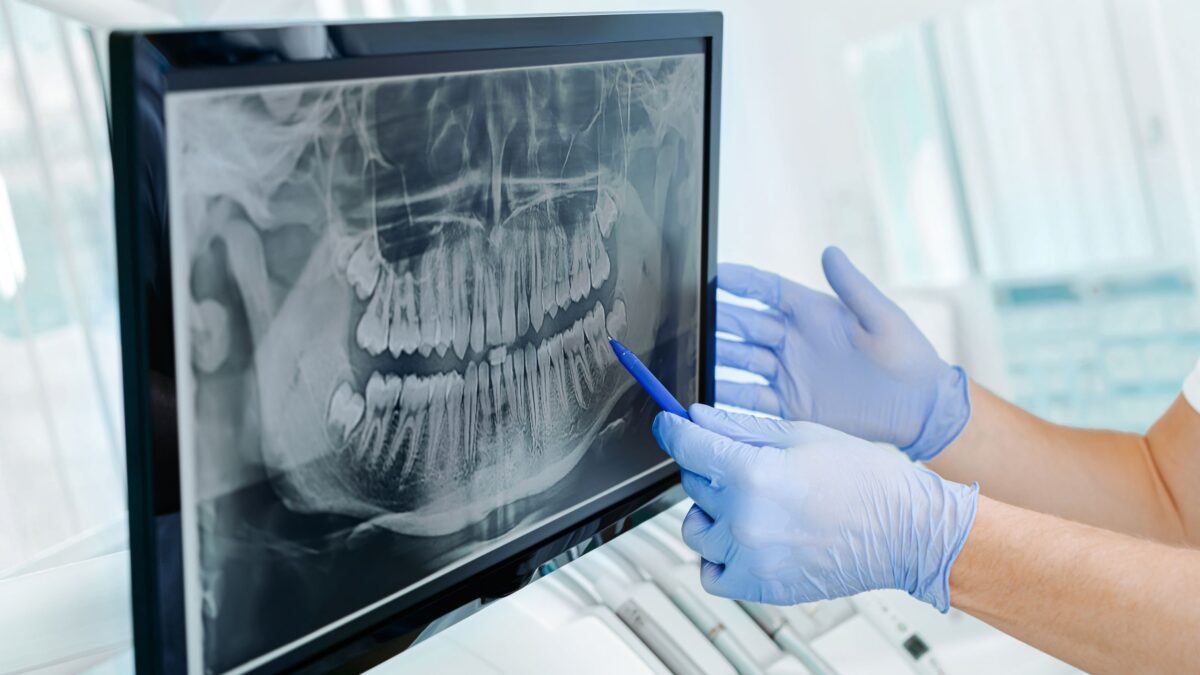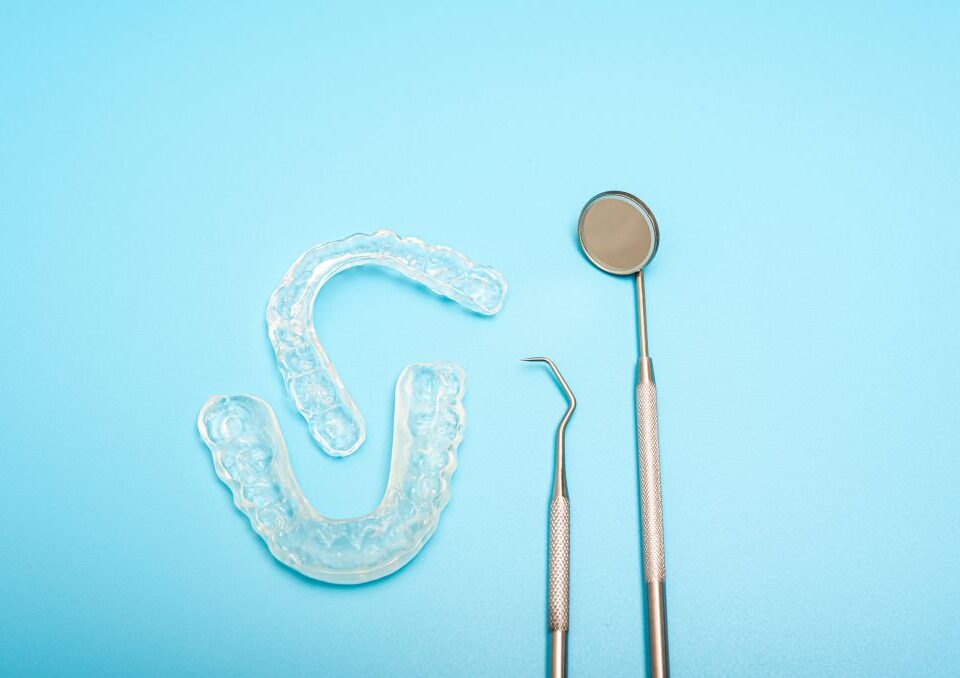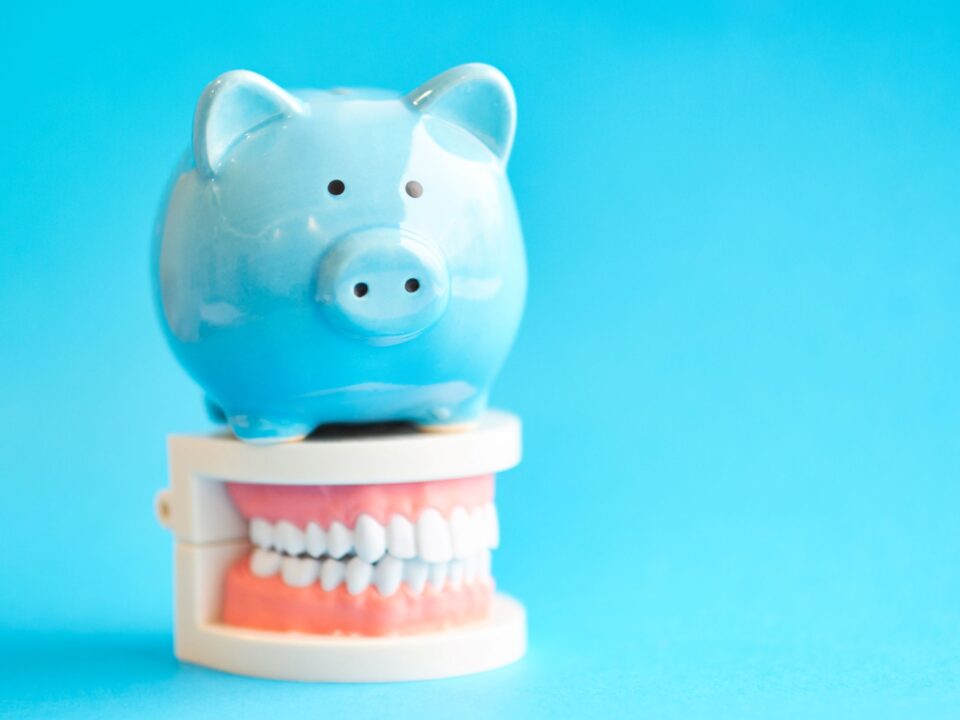The role of dental X-rays in modern dentistry
When it comes to maintaining excellent oral health, dental X-rays play a crucial role in our comprehensive care approach at our family dentistry practice. These diagnostic images are more than just pictures; they are a window into your oral health. With them, we can detect issues that might not be visible during a routine dental examination. Understanding their importance, when they are needed, and what you can expect during the process can alleviate any concerns and help you feel more comfortable during your visits.
What Are Dental X-Rays?
Dental X-rays are a type of imaging used to view the teeth and bones not visible during a regular dental exam. These images help in detecting cavities, assessing gum disease, and evaluating the jaw and surrounding bone structure.
When Are Dental X-Rays Required?
Dentists use dental X-rays at various times for different reasons. Knowing when you need X-rays can help you better prepare for your dental visits.
- Routine Checks: For children and adults, dental X-rays are typically part of regular check-ups to monitor the development of teeth and detect any problems early.
- New Patients: If you’re new to our practice, X-rays might be taken to establish a baseline of your oral health.
- Symptoms of Oral Issues: If you experience pain, swelling, or other symptoms, X-rays help in identifying the root cause.
- Treatment Preparation: Before procedures like extractions, implants, or braces, X-rays are crucial for planning treatment.
What to Expect During a Dental X-Ray?
During a dental X-ray, you can expect a quick, straightforward, and painless process. First, you’ll be asked to wear a lead apron to protect your body from any minimal radiation exposure. The dentist or a dental technician will then position you comfortably and place a small device in your mouth for you to bite down on. This device helps to capture clear images of your teeth and surrounding structures.
The X-ray machine will then be positioned around your head to take the necessary images. You may hear a slight buzzing sound as the machine works, but the procedure itself is entirely painless. Once the images are taken, they are available immediately, allowing your dentist to review them and discuss any findings with you right away. This efficient process identifies any potential issues promptly, allowing us to plan appropriate treatments.
Important Information for Patients
Safety is a common concern when it comes to X-rays, but modern dental technology ensures that the radiation exposure is minimal. Dental X-rays are safe, with the amount of radiation exposure being incredibly small.
Depending on your oral health needs, the frequency of X-rays will vary. People with healthy teeth may need X-rays less often. However, those with dental problems might need them more frequently.
Additionally, there is no special preparation needed before getting a dental X-ray. Regular dental hygiene practices and informing your dentist of any changes in your health are all that’s needed to prepare for the process.
Understanding the role of dental X-rays helps you stay informed about your oral health. At our practice, we use this valuable diagnostic tool to provide the best dental care for you and your family. If you have any questions or concerns about dental X-rays, feel free to reach out to us during your next visit.




